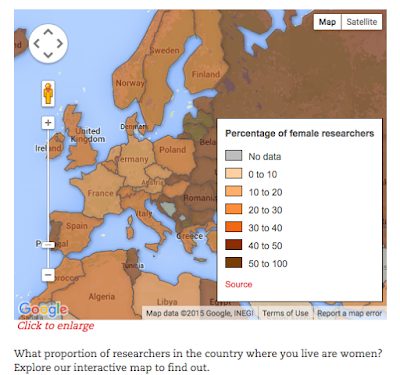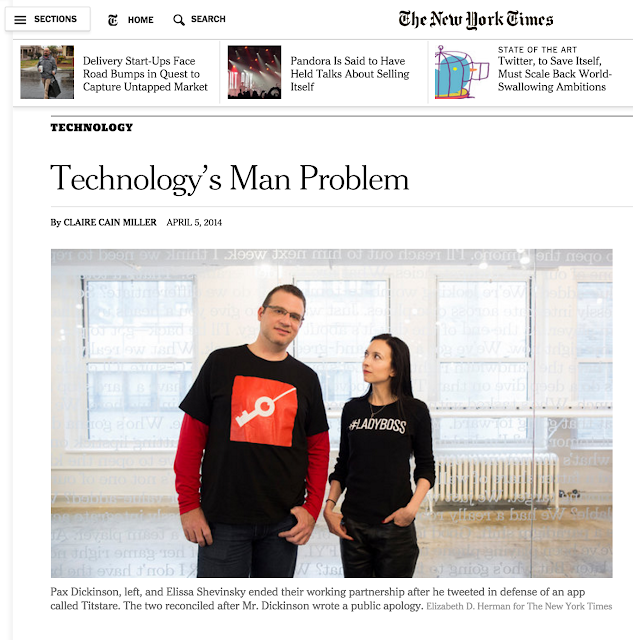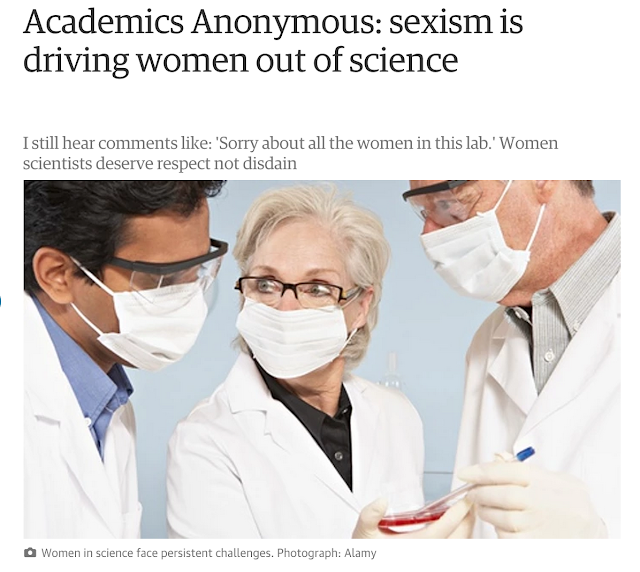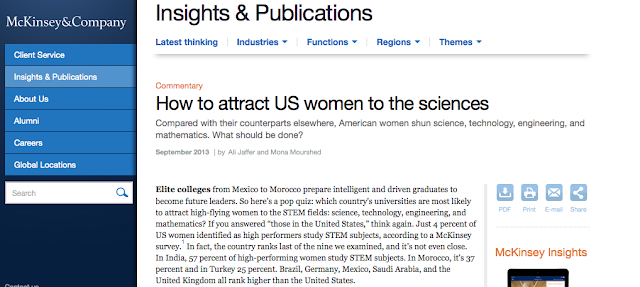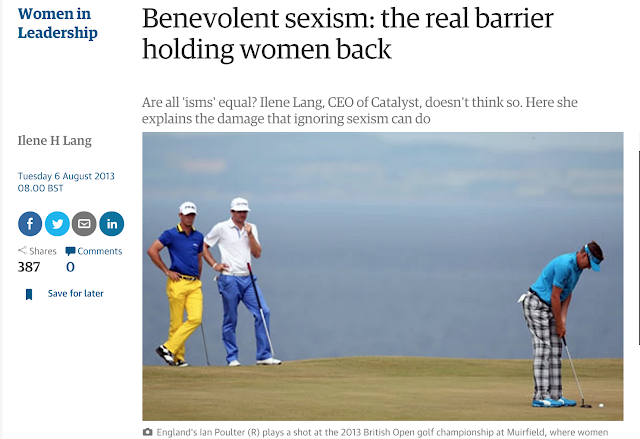Source: www.theguardian.com/sustainable-business/women-leadership-companies-equality-jobs
Quotes:
“A compelling new study shows that top global companies in Asia, Europe and the US have advanced little beyond mere tokenism when it comes to placing women in leadership roles.”
“Men hold 83% of the executive committee positions within top US companies, leaving 11% of women in staff roles and 6% in line roles. In Europe’s top 100 companies, the situation for women was even less promising. Men hold 89% of executive committee jobs; women hold 6% of staff roles and 5% are in line roles. The gender balance was even worse in Asia, where men hold 96% of senior roles, leaving 3% of women in staff roles and 1% in line roles.”
“If companies want to balance, those in power must lead the change, reframe gender balance as a business not a women’s issue. … Not advancing women into leadership roles is sad for the women talent, but also tragic for the company which faces an unfortunate loss of talent, creativity and innovation.”
“We need a new model for leadership that eliminates the depressing syndrome of ‘the second’ and instead places greater value on those who lead more with emotional intelligence than with ego,” he adds. “Who says that coming top is the best and only option for all aspiring leaders?”

